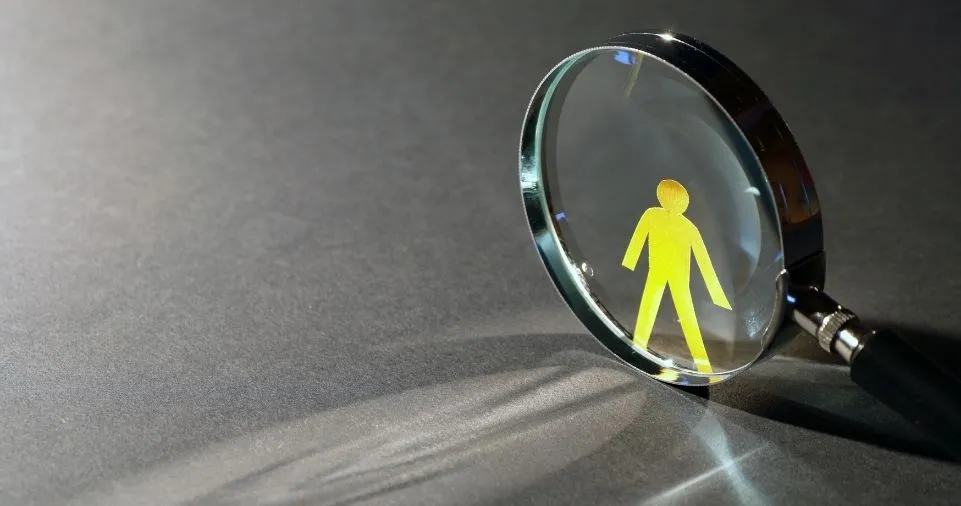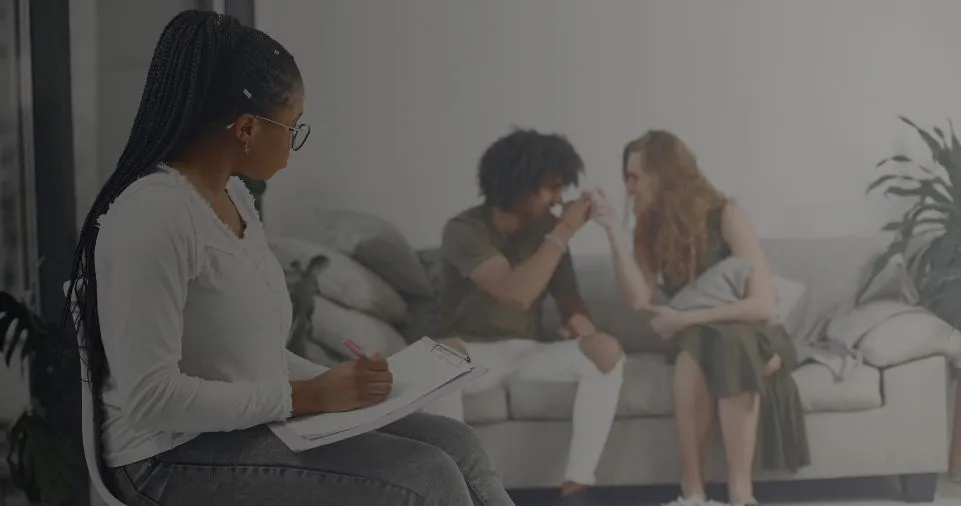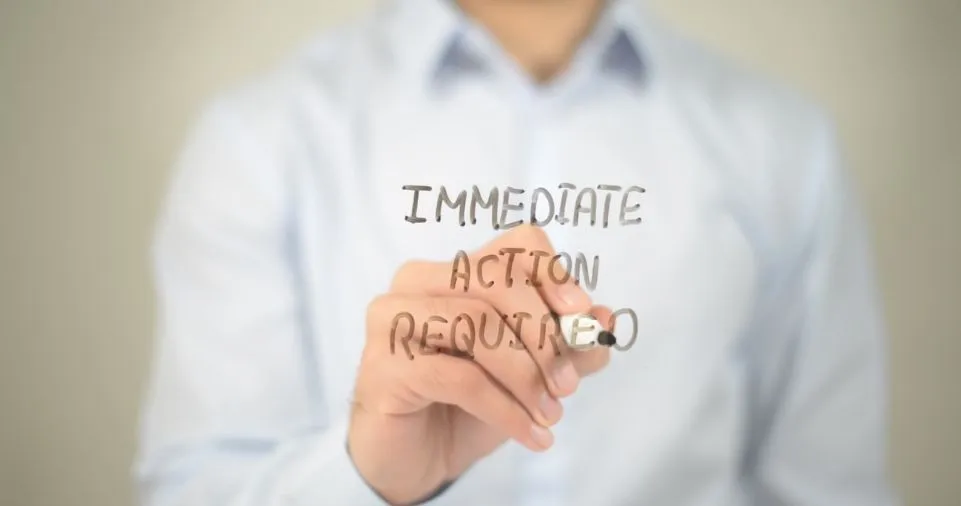Mastering the art of observation is one of the most powerful tools you can develop for better decision-making and stress management.
The idea that “not everything needs a reaction” is critical to understanding how patience and mindfulness can reshape your approach to challenges and interactions.
By learning to sit back and observe, you gain clarity, make thoughtful decisions, and navigate situations with a greater sense of control and calm.
This article delves into the importance of observation, explains how it improves your ability to respond rather than react, and offers practical strategies to integrate this skill into your daily life.
The Power of Observation

What Is Observation?
Observation is more than simply seeing what happens around you.
It involves attentively watching, listening, and processing information without the immediate need to act.
When you observe, you allow yourself time to gather data, assess the situation, and form a well-thought-out response.
Think about the times you’ve reacted too quickly and regretted it later.
Perhaps an emotional outburst during an argument or a hasty decision at work resulted in complications.
When you sit back and observe, you create space for thoughtful responses instead of impulsive reactions, leading to better outcomes.
Why Is Observation Important?
Observing before acting is essential because it helps you develop emotional intelligence and clarity.
Emotional intelligence involves recognizing your own emotions and those of others.
By observing, you give yourself a chance to understand the situation, reducing the chances of a knee-jerk reaction that could escalate into a misunderstanding or conflict.
Observation also plays a significant role in decision-making. When you pause and collect information, you make better choices because you are equipped with a fuller understanding of the context.
This approach often leads to outcomes that align with your goals, values, and long-term vision.
Also Read: Vyvymanga: A Complete Overview of the Popular Manga Platform
The Benefits of Sitting Back and Observing

Improved Decision-Making
One of the main advantages of observing before reacting is that it allows you to make informed decisions.
When you rush to respond to a situation, you may miss critical details, overlook alternatives, or fail to consider the long-term consequences.
Observing gives you time to weigh your options and make a decision that is more likely to be successful.
For instance, imagine you’re in a meeting, and a colleague presents an idea that you immediately feel skeptical about.
Instead of dismissing it right away, taking a moment to observe their reasoning and consider the context could reveal potential strengths in the idea that you hadn’t initially noticed.
This leads to more collaborative and thoughtful decisions.
Reduced Stress and Anxiety
Acting impulsively can often lead to stress, especially when the outcome doesn’t align with your expectations.
When you sit back and observe, you can avoid this trap.
Pausing gives you the chance to assess whether the situation is worth your energy and emotional investment.
In high-stress situations, like dealing with workplace conflicts or personal disagreements, observation helps you step back from the immediate emotional intensity.
You give yourself time to calm down, reflect on the bigger picture, and choose a more measured response.
This simple act of patience can prevent unnecessary stress, making it easier to maintain your peace of mind.
Why Not Everything Needs an Immediate Reaction

Emotional Management
Reacting immediately to everything can be exhausting and counterproductive.
Think about social media, where people often react to posts without fully understanding the context.
These snap reactions can lead to miscommunication, stress, and even conflict. Instead, practicing observation and patience helps you manage your emotions better.
The same applies in personal relationships. When you receive a message that irritates you, it’s easy to respond with anger.
But if you take a moment to observe your feelings, you might realize that your initial reaction was based on a misunderstanding.
This reflective pause allows you to respond in a way that is more constructive and less likely to escalate tension.
The Impact of Overreaction
Overreacting can strain both personal and professional relationships.
When you react impulsively, you might say or do things you regret.
Sitting back and observing enables you to choose your responses more carefully, helping you communicate more effectively and maintain healthier relationships.
For example, in a heated argument with a loved one, responding in the heat of the moment can lead to hurtful words that damage the relationship.
Taking a step back to observe not only your own emotions but also the other person’s perspective can help you find a more empathetic and thoughtful way to approach the situation.
Practical Tips to Practice Observation
Mindfulness and Meditation
Mindfulness is one of the most effective tools to enhance your observational skills.
By practicing mindfulness, you learn to be present in the moment without judgment.
This allows you to observe your thoughts, feelings, and the world around you more clearly.
Start with simple breathing exercises. Whenever you feel overwhelmed or pressured to respond immediately, take a deep breath, and focus on your breathing for a few moments.
This brief pause can clear your mind and help you observe the situation without the cloud of impulsive emotions.
Active Listening
Active listening is another powerful way to practice observation. Often, we listen to respond, not to understand.
By fully concentrating on what the other person is saying, you improve your ability to observe both verbal and non-verbal cues.
This deeper understanding can lead to more meaningful conversations and better relationships.
To practice active listening, make a conscious effort to focus entirely on the speaker.
Maintain eye contact, avoid interrupting, and ask follow-up questions to show that you are truly engaged.
This practice will not only improve your relationships but also enhance your ability to observe nuances in conversations.
Real-Life Examples of the Power of Observation
Successful Business Leaders
Many business leaders attribute their success to the ability to sit back and observe before making decisions.
Steve Jobs, for example, was known for his keen observation skills, which helped him understand market trends, customer needs, and employee dynamics.
By observing the world around him, he was able to innovate in ways that revolutionized industries.
Personal Growth
On a personal level, those who practice observation often report greater self-awareness.
By observing their own behaviors and thought patterns, they can identify areas for growth and make positive changes.
For example, someone who observes that they often get defensive in conversations can work on becoming more open-minded, leading to better personal relationships and emotional well-being.
Overcoming Challenges in Learning to Observe
Dealing with Distractions
One of the main challenges in learning to observe is dealing with distractions.
In a world full of notifications, advertisements, and constant demands on your attention, it can be difficult to focus on observing your surroundings or even your own thoughts.
Creating a calm environment can help. Whether it’s setting aside a few minutes each day to sit quietly in nature or finding a peaceful spot in your home to meditate, creating spaces where you can observe without distraction is key to developing this skill.
Overcoming Impulsiveness
Overcoming impulsiveness is another challenge. It’s human nature to want to react immediately, especially when emotions run high.
However, practicing patience and observation can help. Begin by identifying your triggers—the situations or people that tend to cause you to react quickly.
Once you’re aware of these triggers, you can be more mindful in those moments, giving yourself the space to observe instead of react.
Also Read: ARK: Survival Evolved (2017) Game Icons and Banners
Building a Non-Reactive Mindset
Cultivating Patience
Patience is a cornerstone of effective observation. Developing patience allows you to wait for the right moment to act, rather than feeling pressured to respond immediately.
In a culture that often values speed over thoughtfulness, cultivating patience can set you apart and lead to better outcomes in both your personal and professional life.
For instance, in negotiations, those who take the time to observe the other party’s body language, tone, and responses are often able to make more strategic decisions, leading to more favorable agreements.
Setting Boundaries
Setting personal boundaries is also essential in building a non-reactive mindset.
Boundaries help protect your mental and emotional space, giving you the room to observe and respond on your terms.
Whether it’s limiting your exposure to negative news or creating technology-free time zones in your day, boundaries are a form of self-care that allow for better observation and reflection.
Conclusion: The Long-Term Benefits of Observation
Learning to sit back and observe is not just a skill—it’s a way of life that can transform how you approach the world.
By resisting the urge to react immediately, you open up space for reflection, understanding, and better decision-making.
In turn, this leads to a more peaceful and fulfilling life, with stronger relationships and less stress.
Start small by practicing mindfulness, setting boundaries, and embracing the power of observation in everyday situations.
Over time, you’ll find that you are more present, patient, and equipped to handle whatever life throws your way.
FAQs
Q: How can learning to observe improve my decision-making?
A: By observing, you give yourself time to gather information and assess the situation before making a decision. This leads to more informed and thoughtful choices, reducing the likelihood of mistakes.
Q: What is the role of mindfulness in learning to observe?
A: Mindfulness helps you stay present and aware, which enhances your ability to observe both your surroundings and your own emotions. This practice makes it easier to respond thoughtfully rather than react impulsively.
Q: How can observation help reduce stress?
A: Observation allows you to step back from stressful situations and approach them with a calmer mindset. By pausing before reacting, you avoid escalating tension and can choose a more peaceful response.
Q: What are some simple ways to start practicing observation?
A: Start with mindfulness exercises like deep breathing and meditation. Practice active listening in conversations and set aside time each day to reflect on your experiences without distractions.
Q: How can I overcome my tendency to react impulsively?
A: Identify your emotional triggers and work on creating a pause between the stimulus and your response. Practicing patience, setting boundaries, and engaging in mindfulness can help reduce impulsive reactions.


